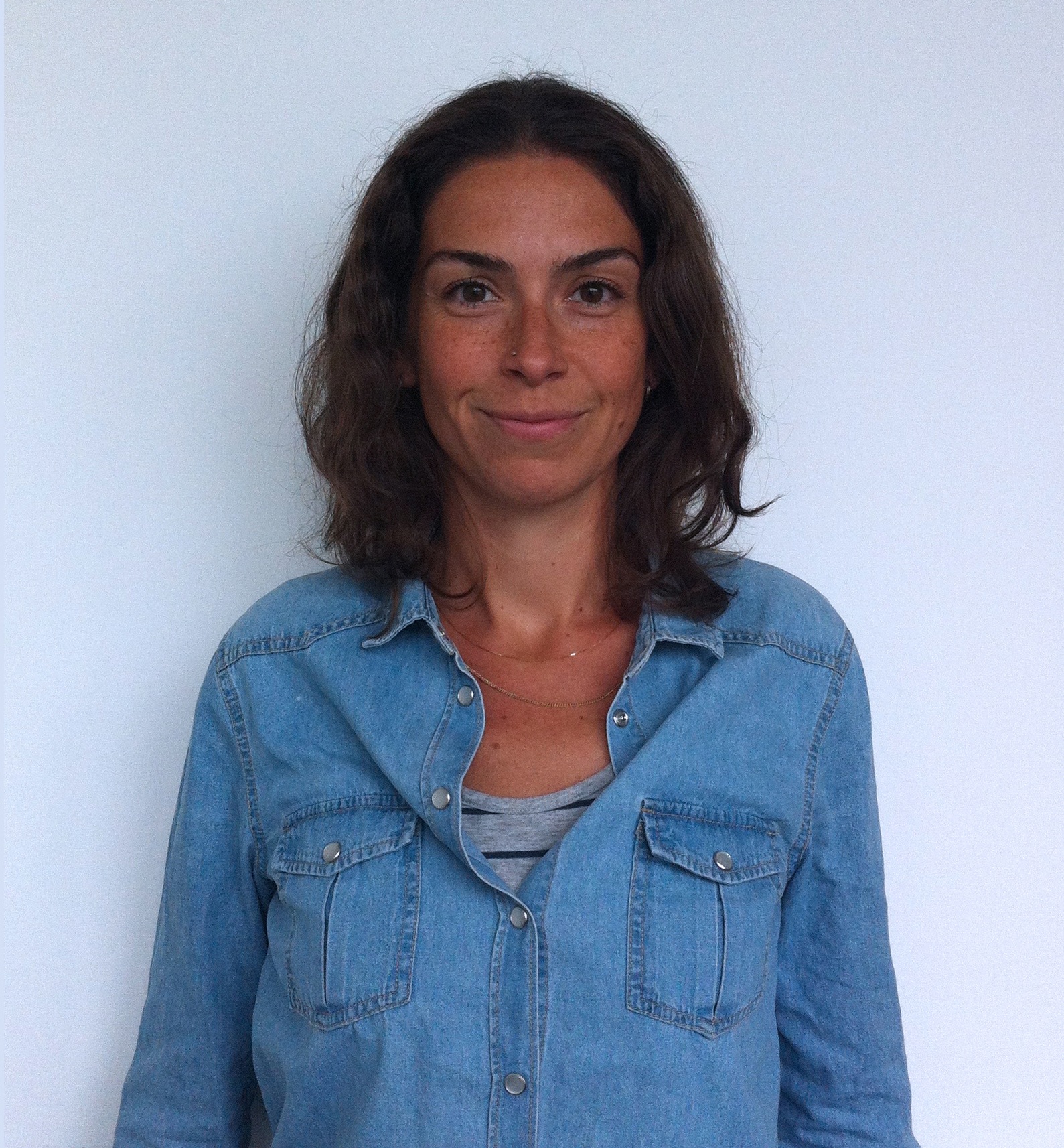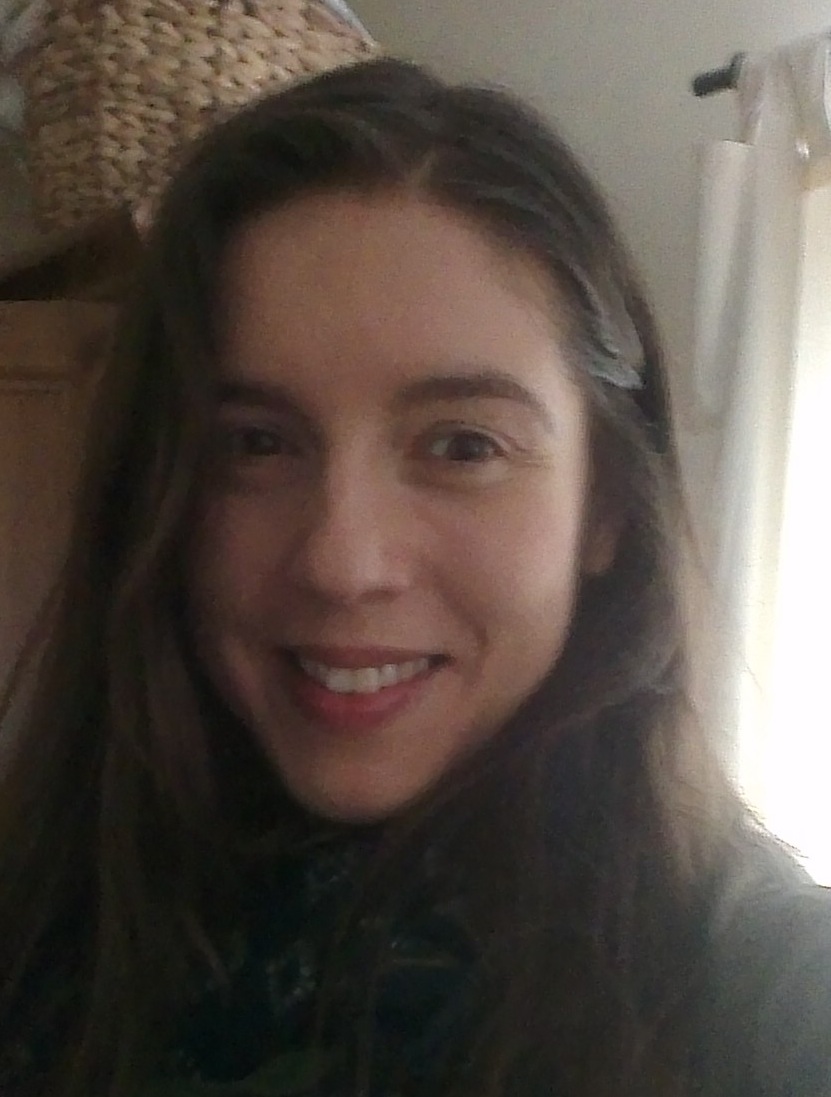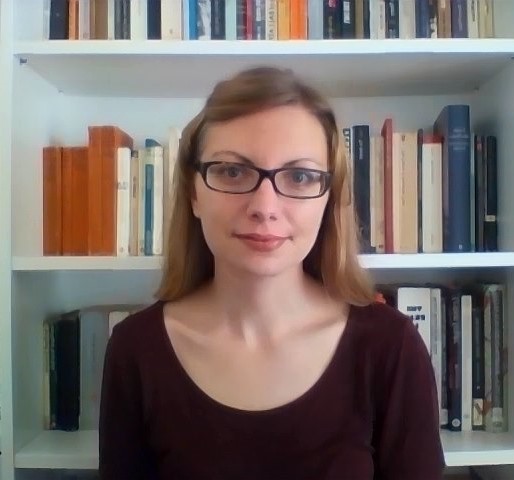The Institute welcomes three new members
The Institute is delighted to welcome three new Postdoctoral Teaching and Research Fellows who are joining the Department of English, Linguistics and Cultural Studies this academic year.
Sara Dominici works on photography and its cultural history within the fields of visual culture and cultural studies. Her ongoing research is in the visual culture of The Regent Street Polytechnic and its spin-off organisation, The Polytechnic Touring Association. Specifically, she is exploring the changing relationship between photography and travel and tourism in the nineteenth and twentieth centuries, investigating how the development of popular photography influenced the shifting relationship between ‘high’, or established, and ‘low’, or emerging, forms of culture. Sara completed a PhD at the University of Westminster (2014), and previously studied at La Sapienza University, Rome (Laurea quinquennale in Scienze della Comunicazione, 2004), at the London College of Communication (FdA in Photojournalism, 2006), and holds an MA in Visual Culture from the University of Westminster (2010). She has also worked as a picture editor in both commercial and non-profit organisations.
Kaja Marczewska’s research interests span avant-garde and experimental literature and art, both contemporary and historical, conceptual art and writing, small press publishing, material texts, contemporary cultural, literary and art theory, digital aesthetics, as well as intersections of humanities and law. She holds a PhD in English from Durham University and an MA in Comparative Literature from King’s College, London. Kaja’s PhD, titled The Iterative TIMCCurn, investigated the implications of the increasingly prominent propensity to copy as a creative practice in contemporary culture. It was an attempt at defining a cultural condition that triggers novel attitudes to creativity and reconceptualising copying as a creative category. Her current research builds on ideas explored in the PhD and interrogates diverse aesthetic developments triggered by the turn towards iteration, including among others creative responses to online surveillance culture, experimental forms of writing criticism, the emergence of curating as a dominant contemporary model of cultural production, and digital kitsch.
Elinor Taylor previously taught at the University of Salford, where she completed her PhD, and at Liverpool John Moores University. Her research so far has focused on relationships between British literary culture and the political left. In particular, she is interested interrelationships between Marxism, modernism and realism, the history of Marxism and Communism in Britain, theories of populism, and the novel form. Elinor is currently revising revising her doctoral thesis on fiction associated with the ‘Popular Front’ anti-fascist formation in Britain, as well as writing about Communist historical narrative. She is also interested in archival practices, especially in activist archives, and she plans to develop links with institutions of this kind in London.


The Institute for Modern and Contemporary Culture
University of Westminster Department of English, Linguistics and Cultural Studies
32-38 Wells Street, London W1T 3UW. United Kingdom.




No comments yet
Leave a comment